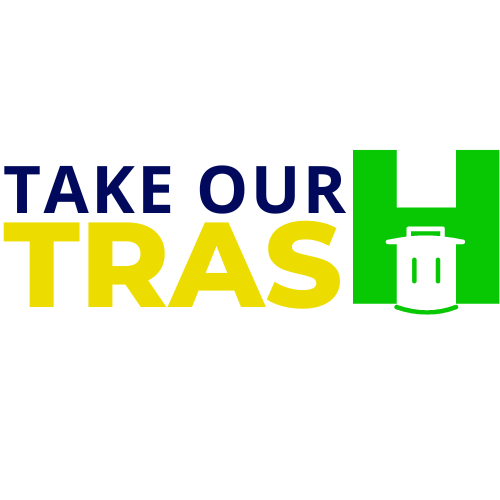Effective waste management is crucial for maintaining a clean and organized home, and it plays a significant role in property management. As households generate various types of waste daily, it’s essential to adopt efficient disposal methods to minimize environmental impact and streamline waste management processes. In this blog post, we’ll explore the best ways to get rid of household waste while ensuring that your property remains clutter-free and eco-friendly.
1. Understand Your Waste
Before implementing a waste disposal strategy, it’s vital to understand the types of waste your household generates. Common categories include:
- Recyclable Waste: Items like paper, cardboard, glass, and certain plastics that can be processed and reused.
- Organic Waste: Kitchen scraps and yard waste that can be composted.
- Hazardous Waste: Items like batteries, electronics, and chemicals that require special disposal methods.
- General Trash: Non-recyclable and non-compostable items that need to be sent to a landfill.
By categorizing your waste, you can better determine the best disposal methods for each type.
2. Implement Recycling Practices
Recycling is one of the most effective ways to manage waste in a household. To maximize recycling efforts:
- Set Up Recycling Bins: Place clearly labeled bins in accessible areas of your home for different materials (e.g., paper, plastics, glass).
- Educate Your Household: Ensure everyone understands what can and cannot be recycled to reduce contamination.
- Follow Local Guidelines: Familiarize yourself with local recycling rules, as they can vary by region.
Recycling not only reduces landfill waste but also conserves natural resources, making it an essential practice for property management.
3. Compost Organic Waste
Composting is an eco-friendly method to dispose of organic waste, turning kitchen scraps and yard debris into nutrient-rich soil. Here’s how to get started:
- Choose a Compost Bin: Select a composting system that fits your space and needs, such as a traditional bin, tumbler, or worm composting setup.
- Know What to Compost: Add vegetable peels, fruit scraps, coffee grounds, and yard waste while avoiding meat, dairy, and oily foods.
- Maintain Your Compost: Turn the compost regularly to aerate it and promote decomposition.
By composting, you can significantly reduce the amount of waste sent to landfills while creating a valuable resource for your garden.
4. Dispose of Hazardous Waste Properly
Certain household items require special handling due to their hazardous nature. To manage these effectively:
- Identify Hazardous Waste: Recognize items like batteries, paint, electronics, and chemicals that should not be thrown in regular trash.
- Find Local Disposal Options: Many communities offer drop-off events or designated facilities for hazardous waste. Research options in your area and schedule regular disposal to keep your home safe.
- Follow Safety Guidelines: Always follow safety instructions when handling and disposing of hazardous materials to protect yourself and the environment.
5. Minimize General Trash
Reducing the amount of general trash generated is an effective waste management strategy. Here are some tips to minimize waste:
- Practice Mindful Consumption: Before making a purchase, consider whether the item is necessary and opt for products with minimal packaging.
- Plan Meals: Meal planning helps reduce food waste by ensuring you only buy what you need and use leftovers effectively.
- Donate Unused Items: Regularly assess your belongings and donate or sell items that you no longer need, keeping clutter to a minimum.
6. Partner with a Waste Management Service
For property management, partnering with a reliable waste management service can streamline the process of waste disposal. Look for services that offer:
- Regular Pickup: Schedule regular waste collection to ensure your property remains clean and organized.
- Recycling Programs: Choose a service that promotes recycling and provides bins for easy sorting.
- Bulk Collection Services: If your property generates large amounts of waste, consider arranging for bulk collection services for items like furniture and appliances.
By leveraging the expertise of waste management professionals, you can enhance the efficiency of your disposal practices and ensure compliance with local regulations.
Conclusion
Properly managing household waste is essential for maintaining a clean and organized home, especially in the context of property management. By understanding your waste, implementing recycling and composting practices, disposing of hazardous materials responsibly, minimizing general trash, and partnering with a waste management service, you can effectively reduce waste and contribute to a more sustainable environment.
Start adopting these best practices today to improve your household waste management and create a healthier living space for you and your family!

